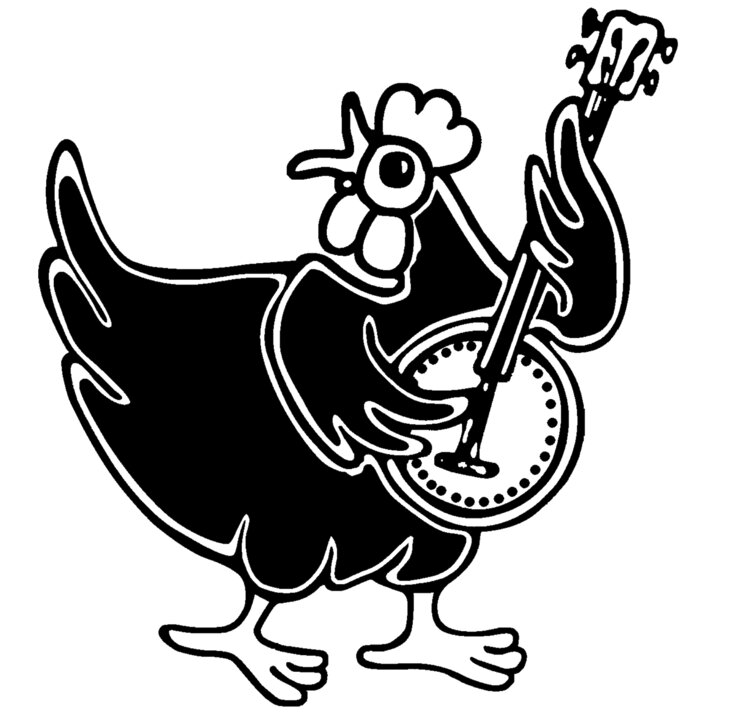Steve Dawson’s latest album may be called Lucky Hand, but there’s way more than just luck happening on the album and in life generally for this prolific string-slinger from Vancouver.
Five years since he uprooted his family and moved to Nashville, Dawson’s dream of using that city’s resources to produce some of the best roots acts from both Canada and the U.S. has been proven time and again in his studio, The Henhouse, and on his Black Hen recording label which now dates back 20 years.
Add his extended career as a sideman for hire and you start to get the idea. At last count, the award-winning virtuoso enjoys credits as a player and/or producer on over 80 albums featuring many top artists from both sides of the border — John Hammond, Bruce Cockburn, Colin James and Kelly Joe Phelps to name just a few. He’s got a crowded trophy closet to match, holding multiple Junos, CFMAs, WCMAs, and more.
In a small way, his Nashville sojourn can feel like living in the midst of music history.
“There are certain people here who I have always admired, who I have been able to meet and play with, some great horn players, which is really exciting and crazy, and some of the older generation I see and play with have made it a wonderful experience. Some of these guys like Charlie McCoy are former idols who have been largely forgotten. Lately, I’ve been doing quite a bit of work with the (gospel) McCrary Sisters. It’s something I never would have got to in Vancouver.”
Dawson’s own music reflects a range of early influences, instrumental techniques and styles — folk, blues, Hawaiian-style, steel guitar, jazz angles — that’s quietly staggering if you haven’t already taken up the invitation. He hasn’t forgotten his hometown roots or earliest collaborators either.
Lucky Hand is a bit of a sequel to his 2014 all-instrumental solo album Rattlesnake Cage, except this time he’s joined by his old partner, violinist Jesse Zubot who used to complete Zubot & Dawson, by Zubot’s hand-picked string unit, and by special guests John Reischman and Charlie McCoy.
“There was an interesting dynamic, a bit different. When we did Zubot & Dawson we would both be involved in the creation stage early right through to the production end on equal footing. This time I came to him with the song already done and we’ve both evolved. I just wanted to cut him loose and said, ‘anything goes’ with the string arrangements.”
It’s not Zubot & Dawson, but it’s still gorgeous in a new way, matching the precision of Dawson’s fingerstyle to Zubot’s bowed section backing. Reischman’s mandolin and McCoy’s old school harmonica bring their own flare to other tracks making Dawson’s eighth album a universe of sounds within the chosen confines of an acoustic strings, live-off-the-floor experience.
Finally, there’s the third incarnation of the Black Hen Travelling Road Show, hitting 10 cities in Western Canada. The theme this time could be genre-crossing, transplanted artists between Dawson himself, Monkey Junk’s Ottawa-born, Toronto-based harmonica hero Steve Marriner, transplanted west-coaster singer-songwriter Leeroy Stagger now from Lethbridge, and blues ‘n’ roots singer Ndidi Onokwulu, who splits her time between Vancouver and Los Angeles.
He will start the show with solo tunes from his new record before the backing band joins in and everybody does a short set of their songs with the band. Then in the second set they’re all on stage together collaborating, like a festival workshop.
“It’s a bit of a logistical nightmare just getting everybody from point A to point B and figuring all the ins and outs, but it’s worth it. You get on stage and suddenly you realize, ‘oh yeah, that’s why we’re doing all this’. It just feels so great when that part is happening, when you’re sharing a stage.
“The only wild card is having six different personalities in a van for a week, making sure things don’t go totally off the rails.”
